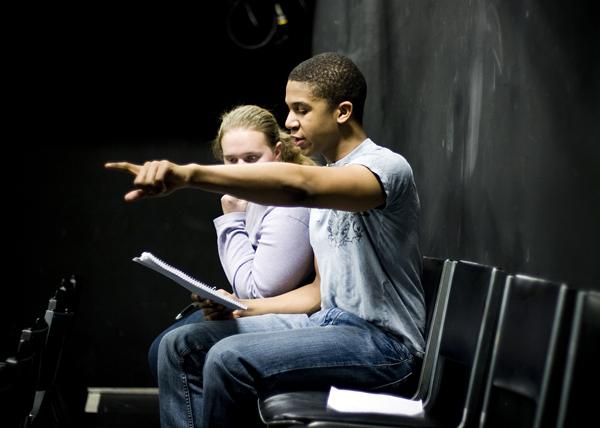
“I really liked that snarky, sort of cynical tone,” Wright says. Along with fellow director Caitlin Davies ’09, Wright has been watching hopeful actors and actresses at the Wall for two hours already, and he and Davies face another two hours there tomorrow. But this audition process represents only a tiny part of the massive endeavor Wright began nearly a year ago that culminates with the premiere, shown as part of an April 23-26 show featuring works from both dance and theatre.
But concrete, measurable steps in the evolution of Wright’s project somehow don’t add up to all the things it is, has been, and will be—a part of one of only four main-stage theatre productions that happen every year (a first for a student playwright), an attempt to make sense of a movement and a disease, a remarkable example of collaboration, and perhaps most impressively, a piece of intensely personal art.
Each play in Ties that Bind cycles, returns, looks back, and looks to the future in three plays, each between 10 and 15 minutes. They focus on such diverse subjects as the politics of homosexuality in society (“Voices in Time”), the effects of HIV on friends and family (“Summer Quartet”), and why gay men would stay together if one of them is HIV positive (Looking Back). It alternates between atmospheric and realistic, joyous and tragic, chaotic and structured.
The concept behind the plays emerged last spring, when Elizabeth Bonjean, former professor of Theatre, led Wright in guided readings of important plays around the issues of homosexuality. Through the project, Wright began to get a sense of his personal style of writing from plays like Tony Kushner’s Angels in America, Larry Kramer’s A Normal Heart, and Matt Crowley’s Boys in the Band, translating his appreciation for these works into something tangible. “I wanted to write in a way to essentialize the stories I was reading,” said Wright.
His first efforts toward production began last semester with the help of Lesley Delmenico, Theatre, who helped him to get over his initial fear of writing anything, and then over the fear of what he had already written. “I worked with Lesley because she’s such a nurturing presence,” said Wright. “The challenge for me was just to keep writing…. I knew as I wrote the first play, which would become ‘Summer Quartet,’ that it was horrible.”
“Horrible’s a tough word, but I would say in comparison to what we have now, it’s an appropriate one,” said Davies.
Davies and Wright have a unique working relationship, with Davies’ “strong sense of stage composition” anchoring Wright’s admission that he is “definitely not a big picture person”. The fact that Wright will be acting in two of the plays, “Voices in Time” and “Looking Back,” also made Davies’ presence required.
However, the emotional closeness that Wright feels to the play and the compressed timeframe of the entire project necessitated his co-directing role, rather than just leaving the entire production to Davies. “It’s Jaysen’s baby, and just asking me to direct it would have been unfair to him,” said Davies. “I’d only seen the script two weeks ago.”
This process carries over into the script even now, as Wright constantly tweaks the play to match the sounds he wants to hear onstage. “If the language doesn’t sound right in my mouth, out their mouths, we change it,” said Wright. He wants actors to “tell [him] where you think your monologues peak, and we’ll reintegrate what you think.”
Cast members have already found in the limited time they’ve spent with Wright and Davies that their viewpoints on the play’s direction have been respected. “Jaysen’s letting us take the characters where we want them to go,” said Kelly Ryan ’09, who plays a conservative religious scholar in “Voices in Time.” “It’s a really fun character for me to play, because I’m from a place where people are actually like that … and Jaysen wants that character to be as sympathetic as possible, he doesn’t want her to be totally vitriolic.”
But the cast has limited time for changes. Since half of the cast (including Wright) are currently preparing for the third main-stage production, Galileo, they only plan to meet once a week to work on the play until Galileo finishes in March. Afterwards the production will proceed at high speed until the end.
In April, the play will be performed in Flanagan Theatre directly before or after the spring dance show in Roberts Theatre. Davies and Wright plan to use all of the resources available to a main-stage show (sound, lighting, etc.) for the play, though they anticipate needing limited sets.
What they have seemed to want so far is a unique project not just for Grinnell, but for any theatre, anywhere. “I like how free of judgment the entire process has been so far,” says Rev Darragh ’12. “We’ve been talking about respect and transcending stigma, transcending viewpoints, and I’m working with only older actors, and there’s always, or there seems to be in many cases, discrimination against younger actors, and I haven’t felt that at all yet.”
The auditions, which yielded only first-year and seniors performers, allow the patterns of the play and the process to emerge: to grow, but to remain grounded in the emotional power of theatre. It sums up four years for the seniors, and shows the younger generation how to push boundaries. It’s difficult, worrying about authenticity and cliché and love and sex. Its contradictions come out in the last line of the play, which Wright, characteristically, both loves and hates, but nonetheless delivered with his usual panache during a recent read-through.
“What are the ties that bind?”
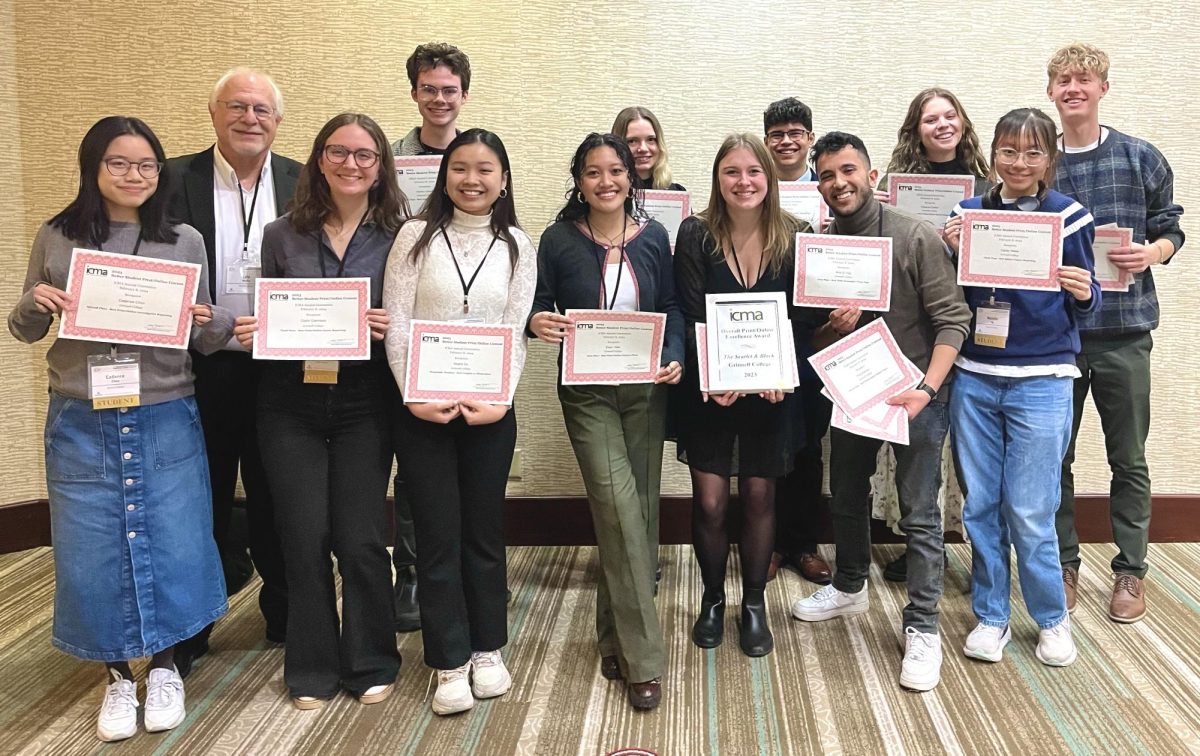

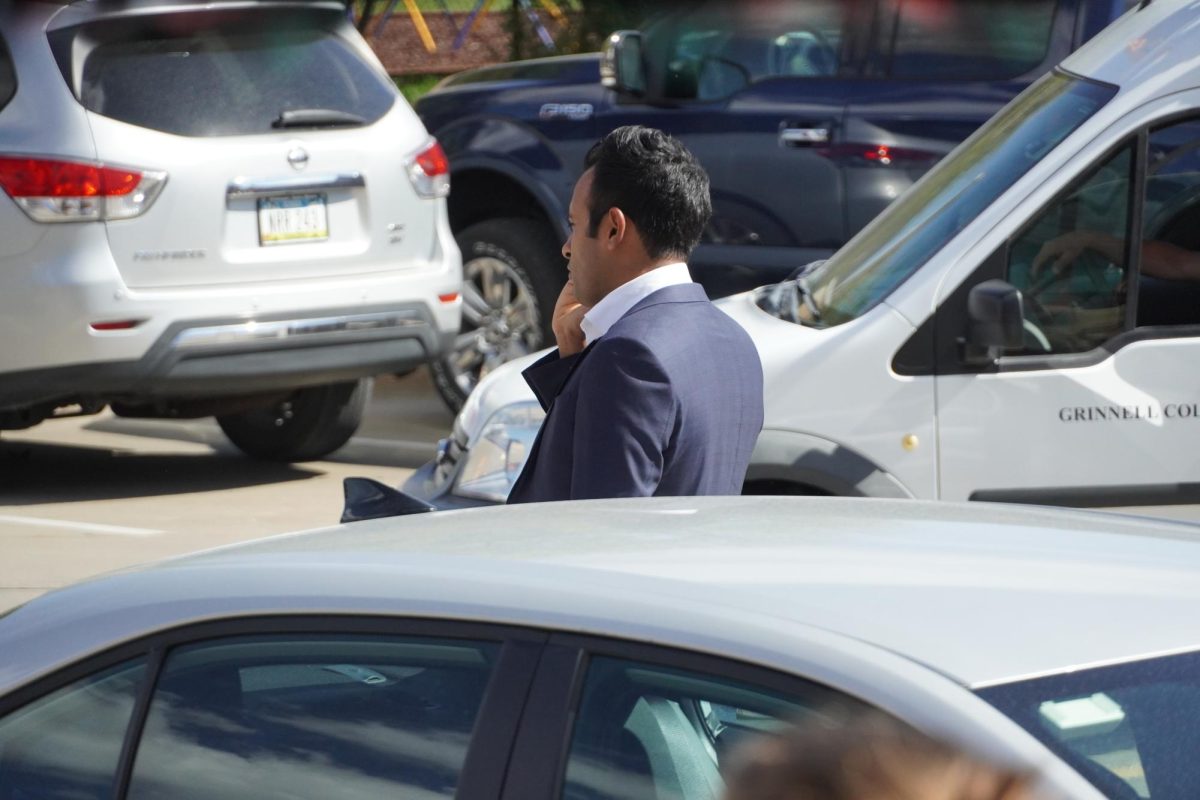
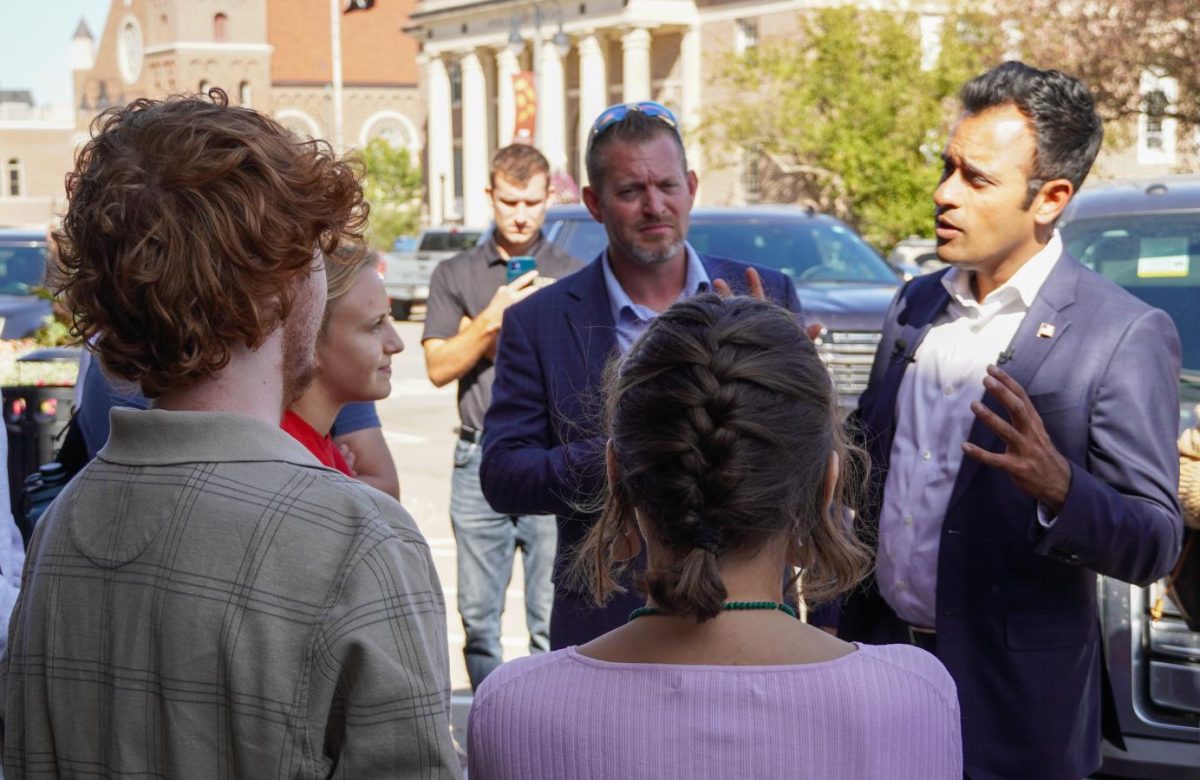
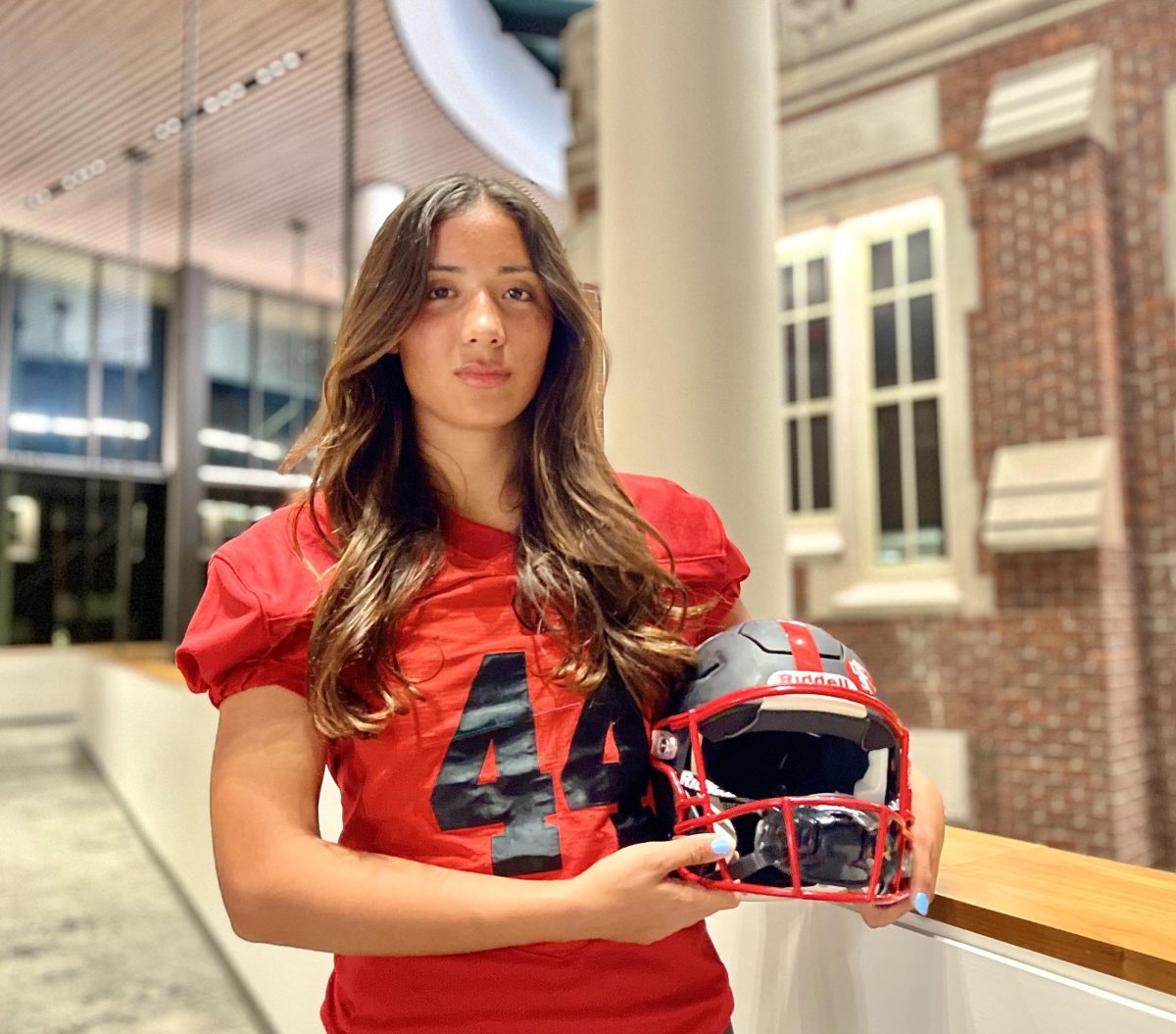
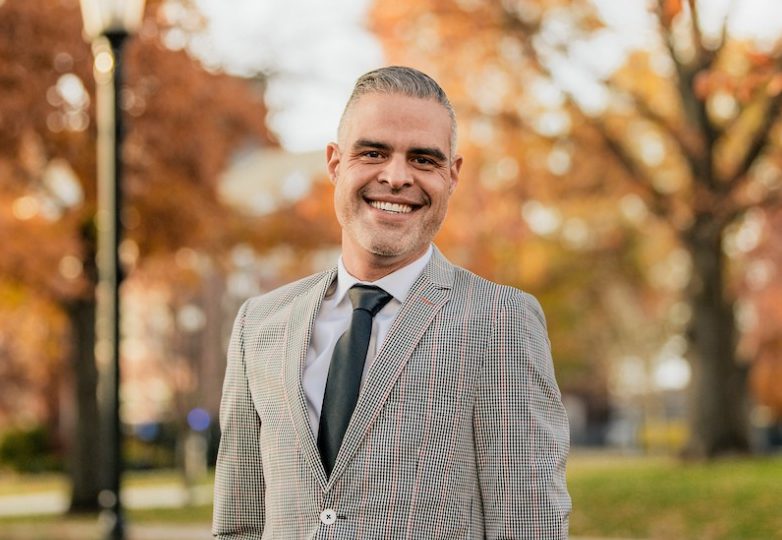
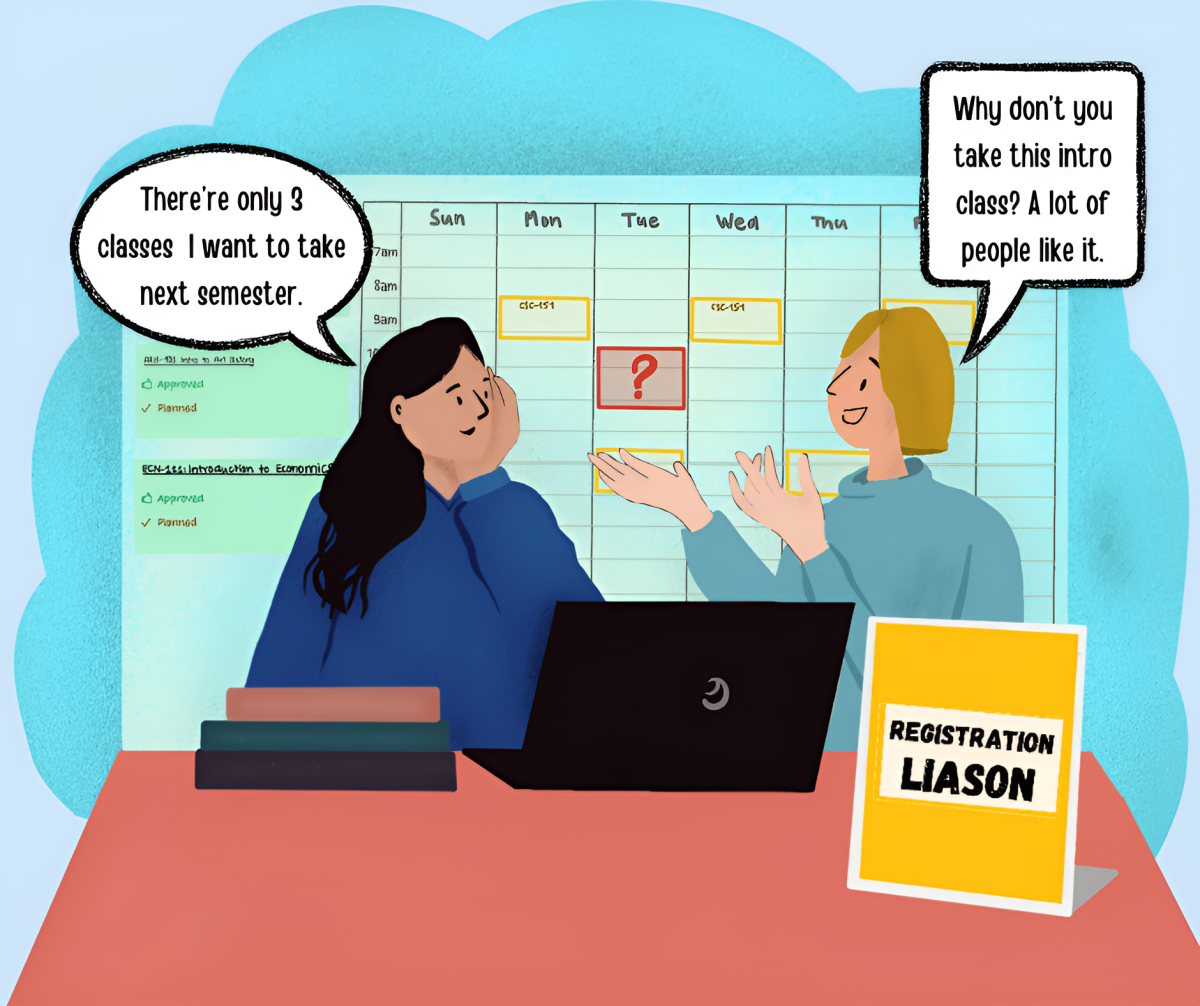
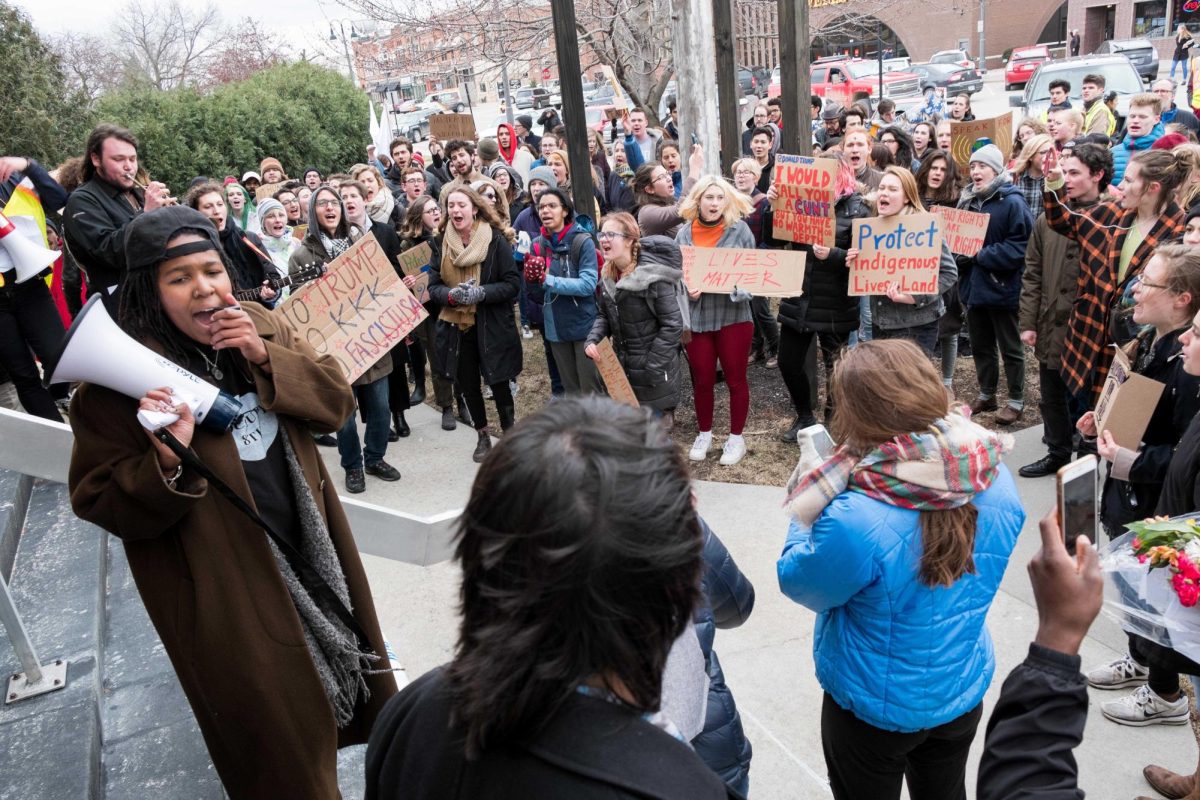
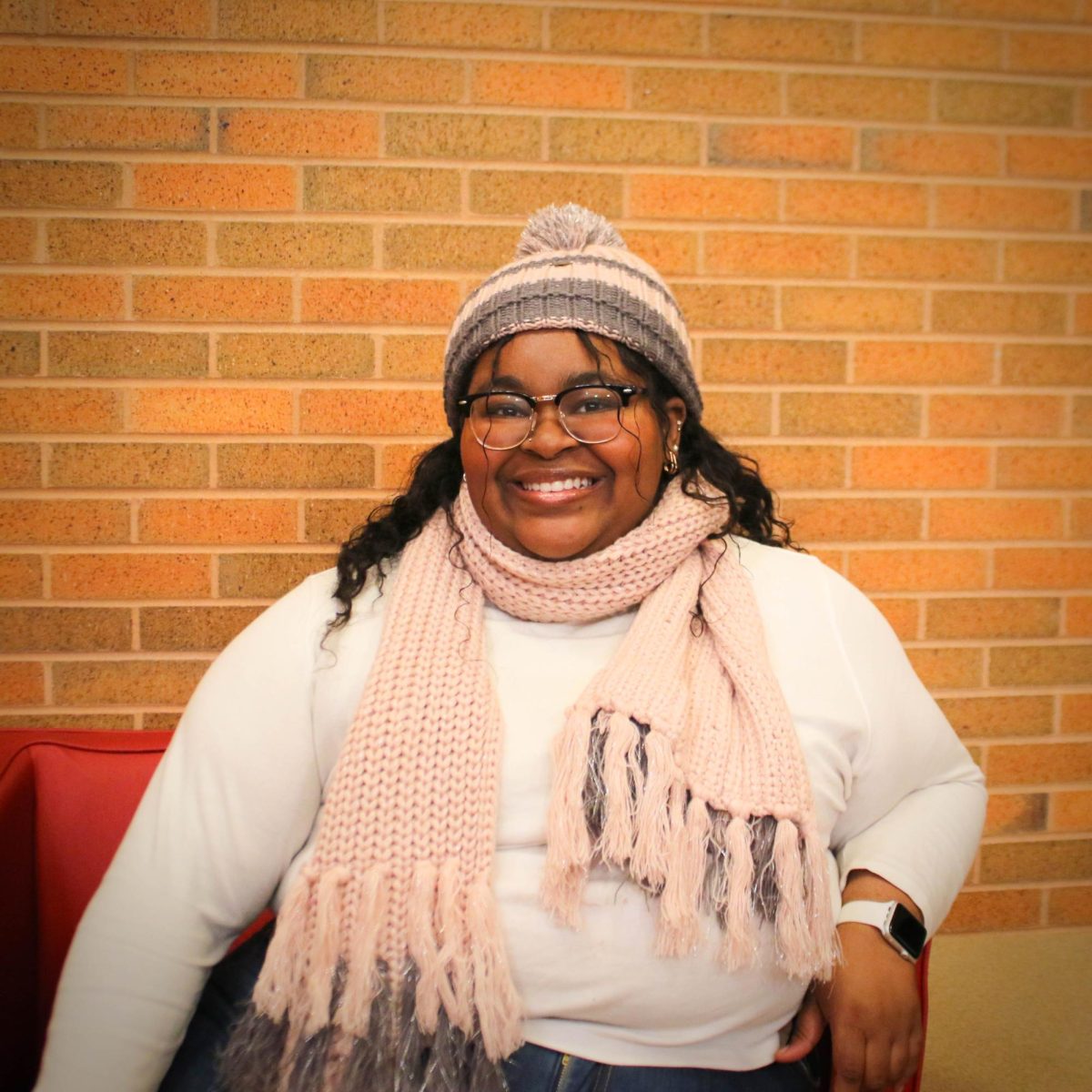
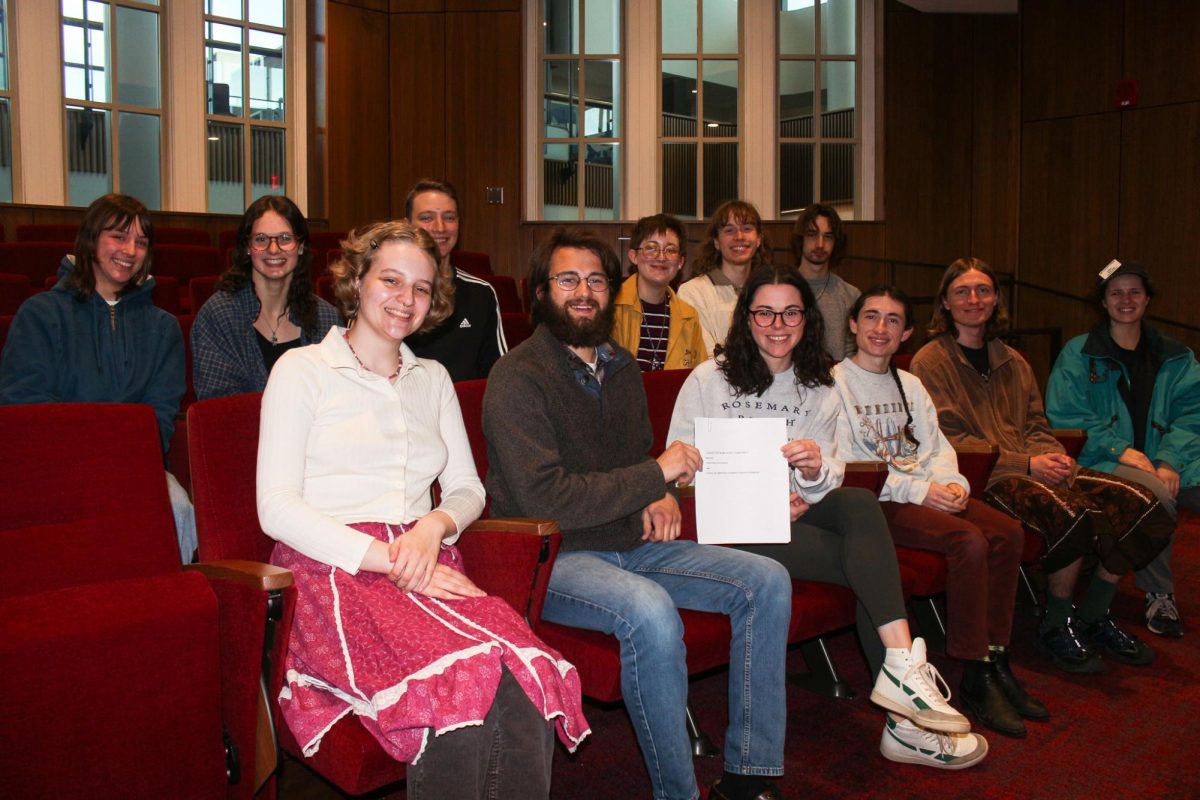


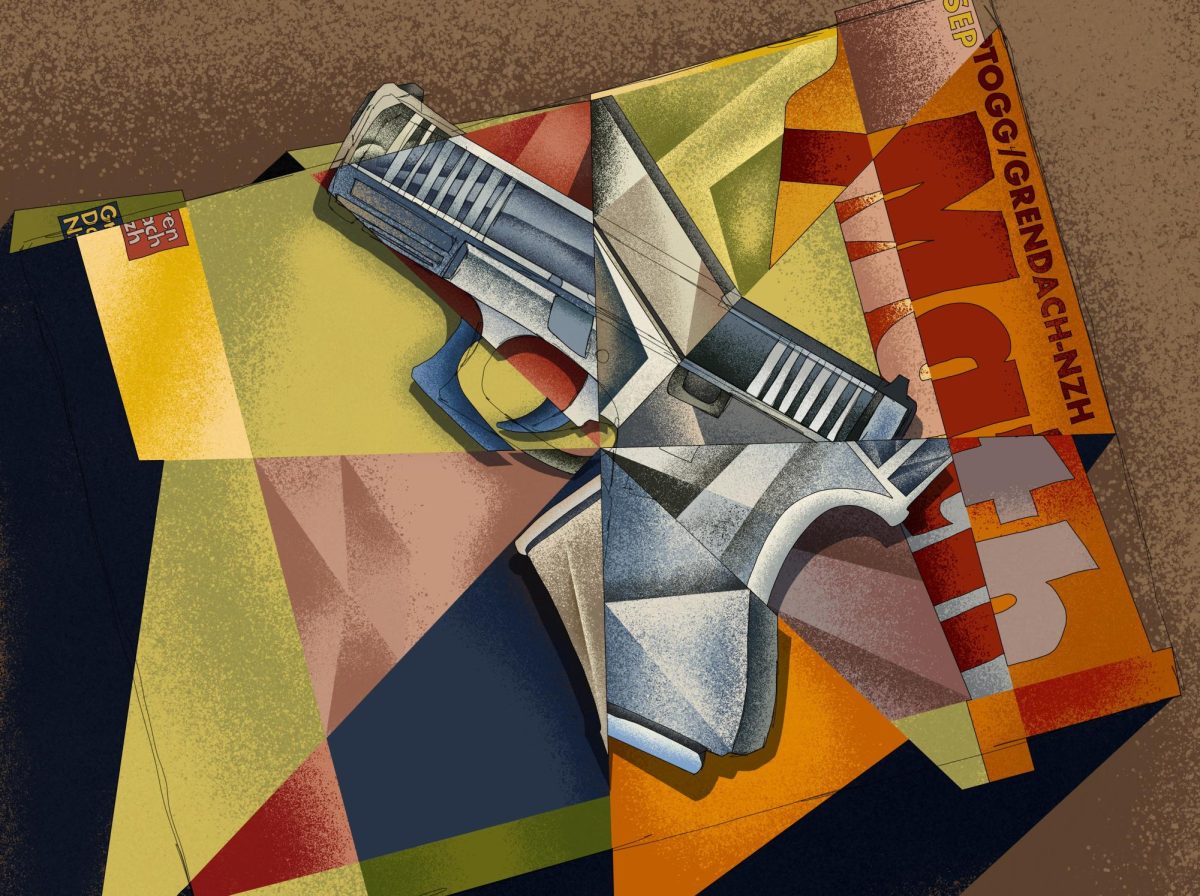
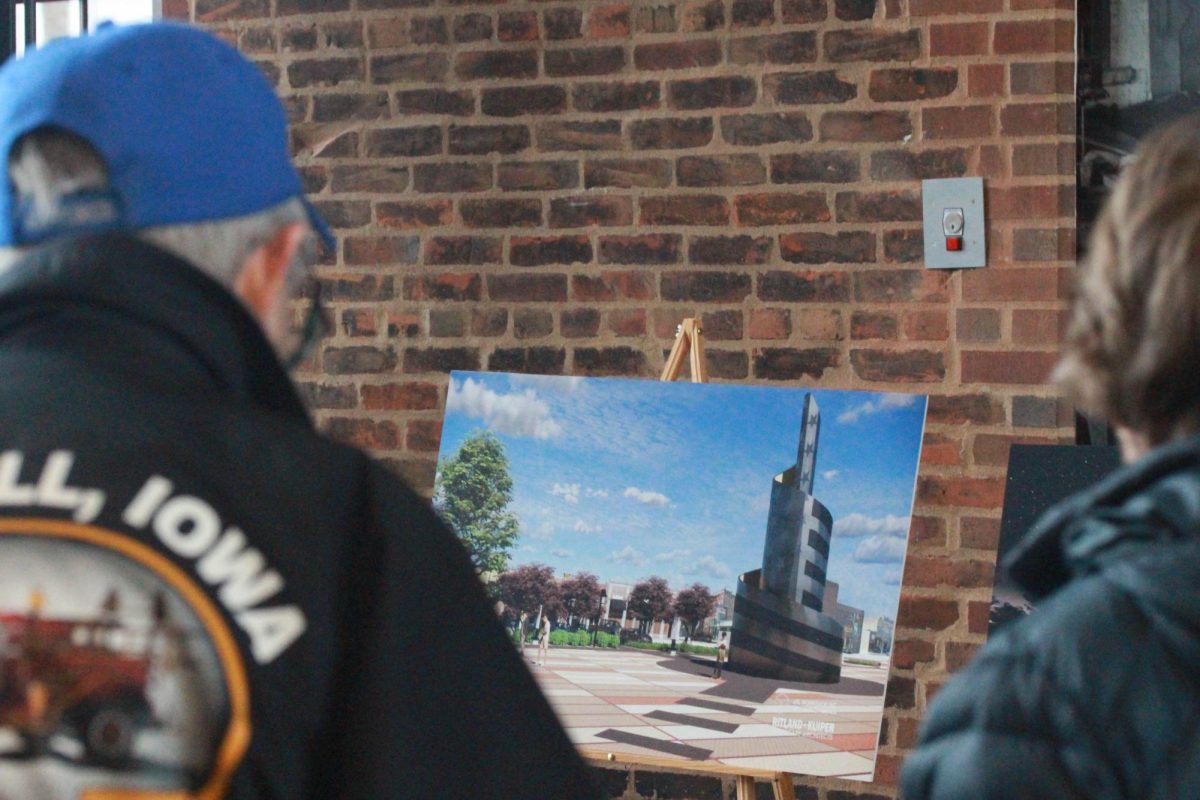


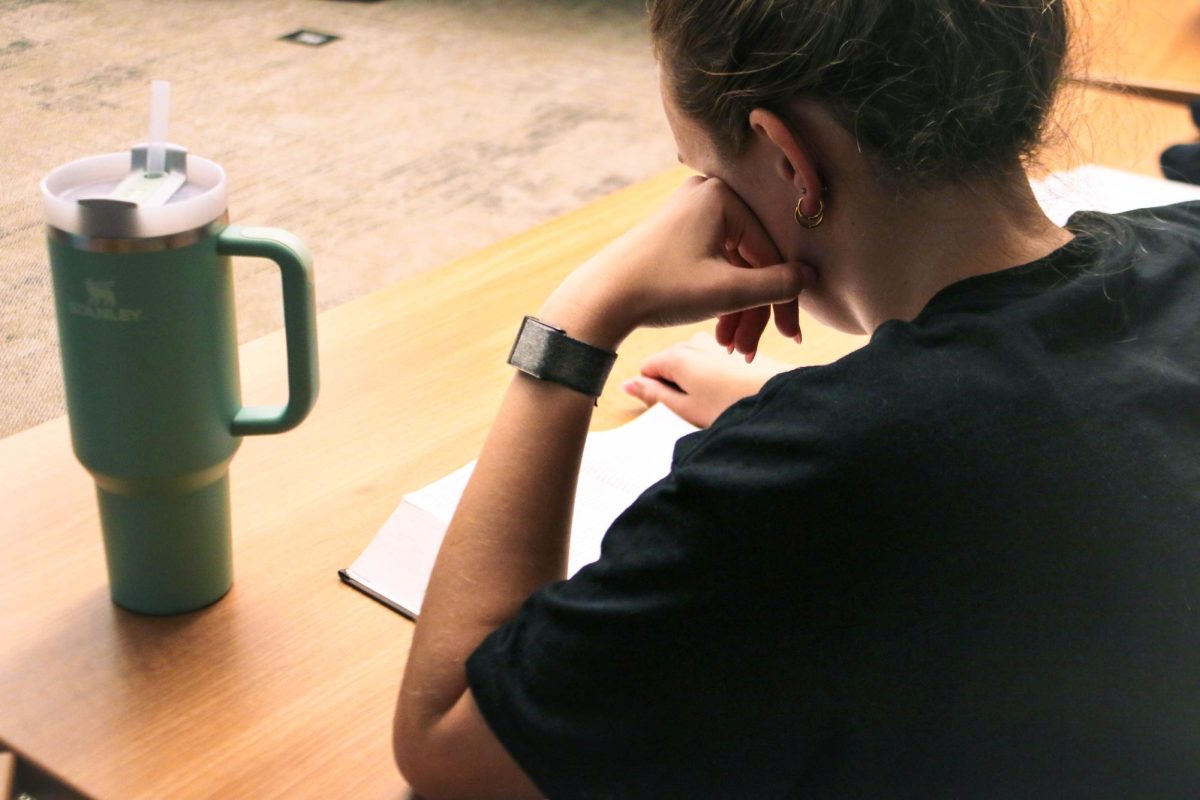

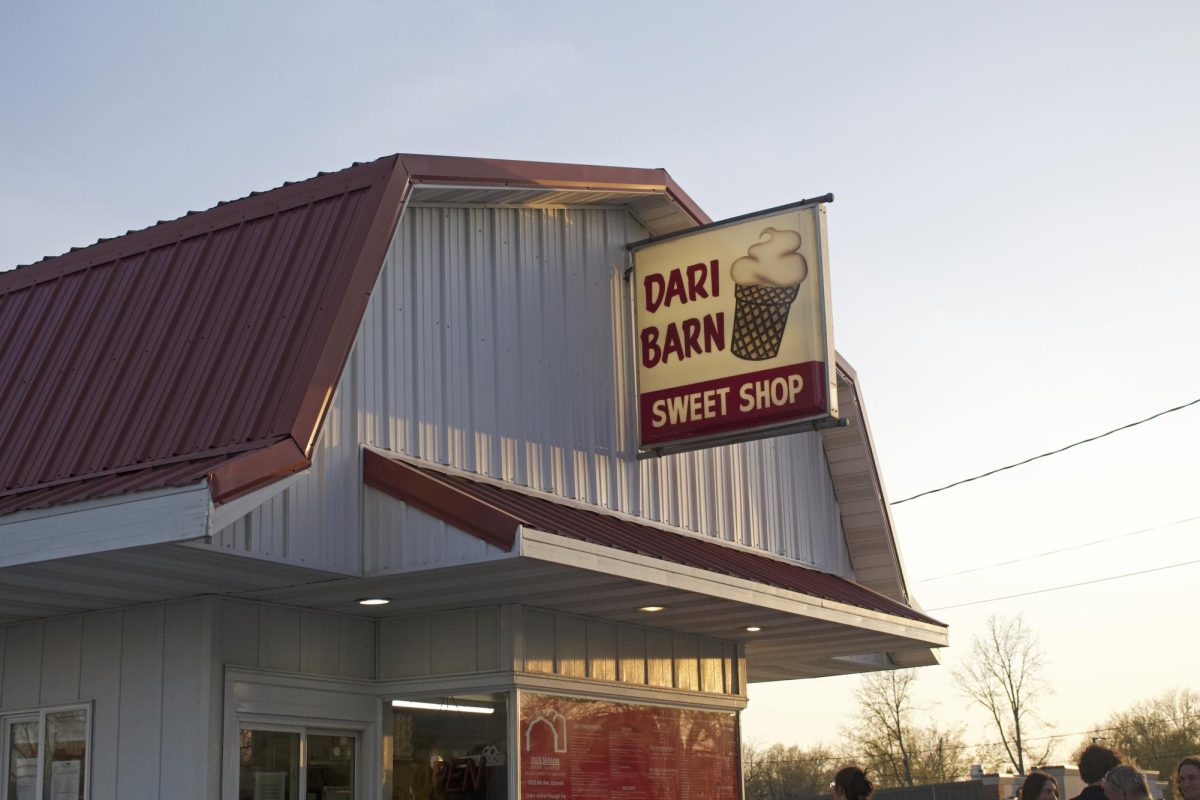
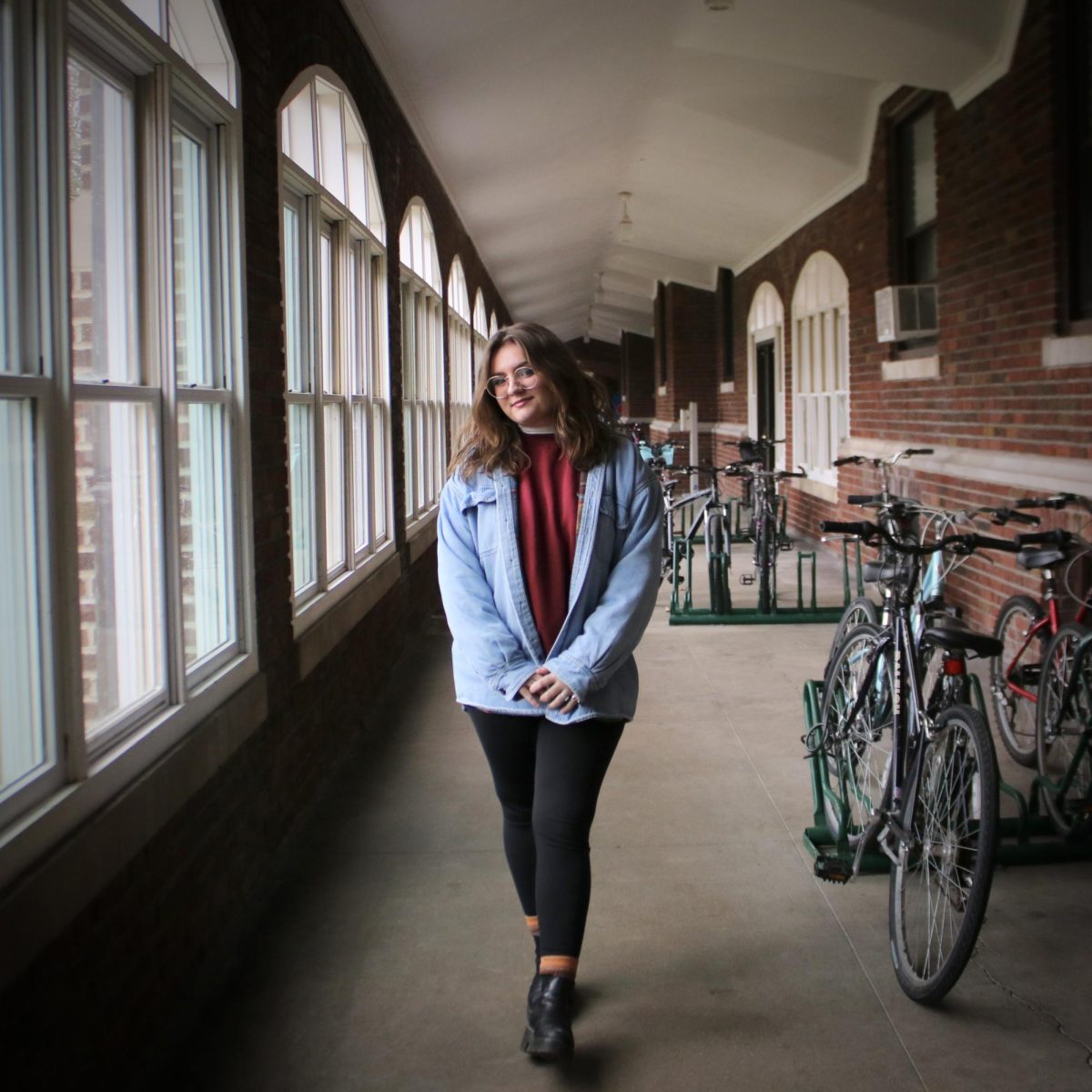



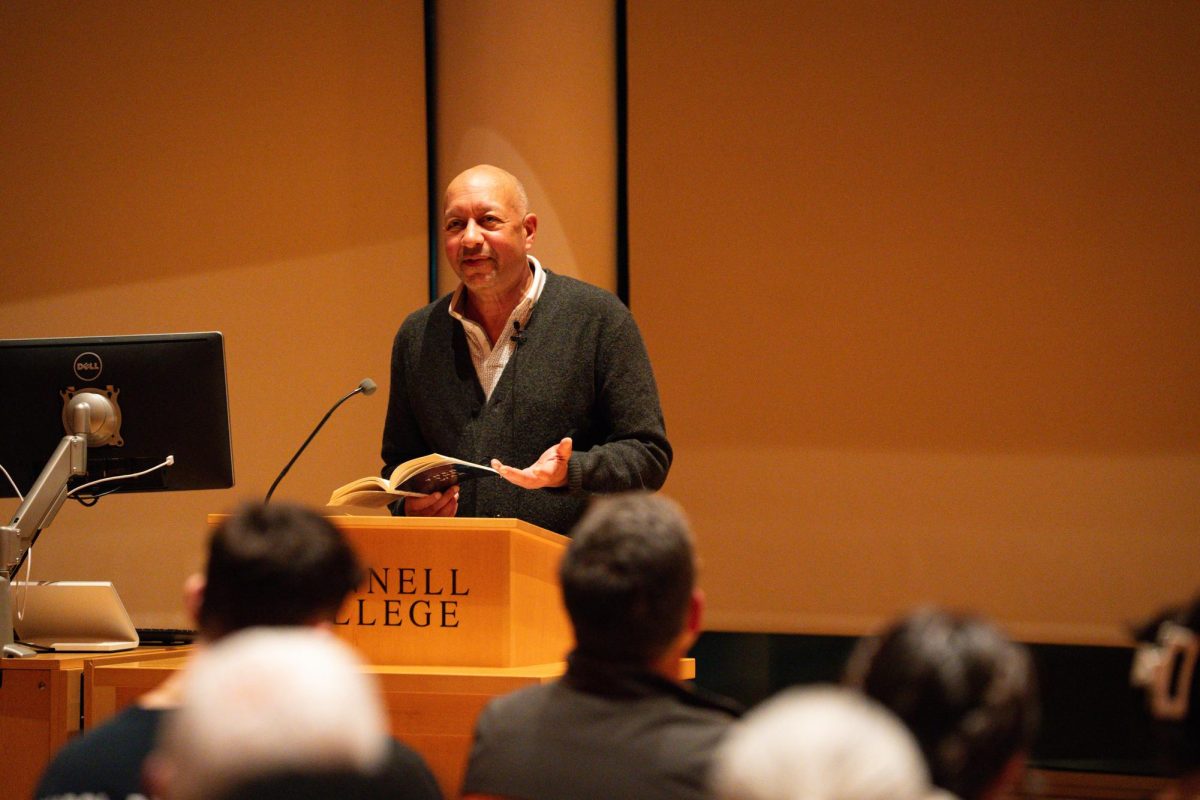
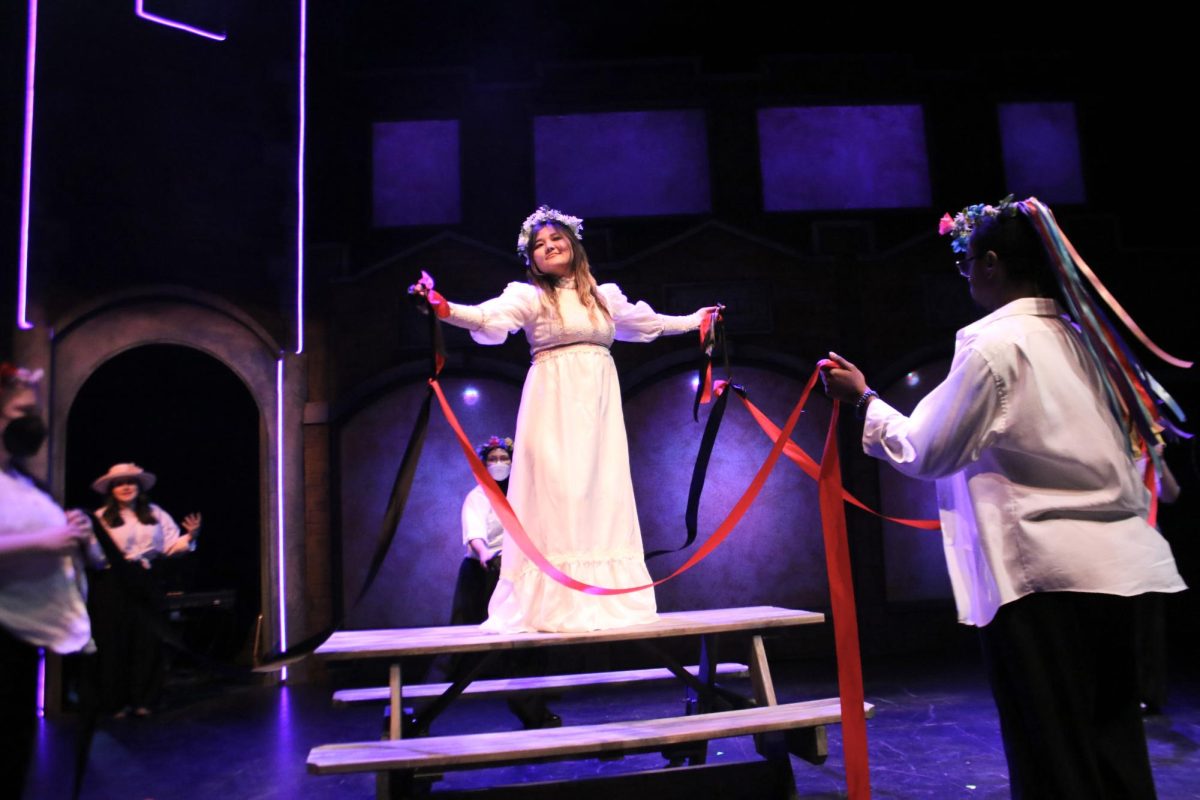


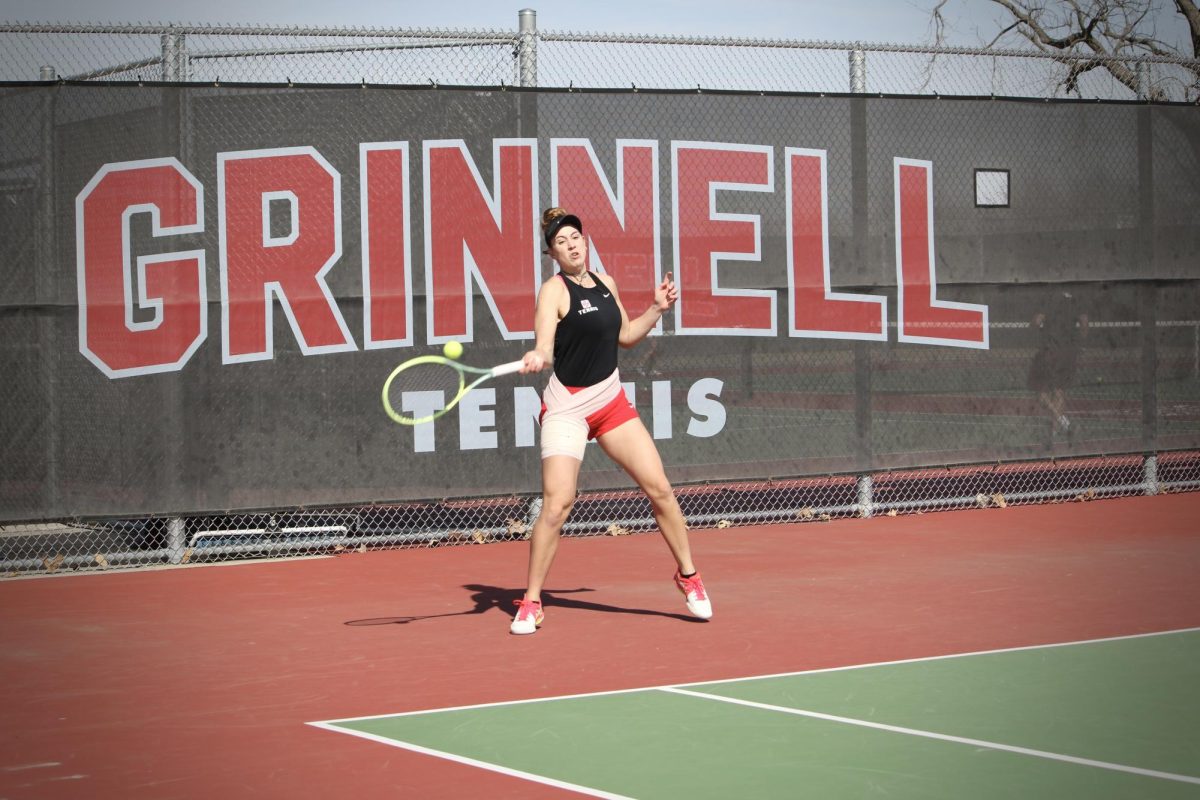
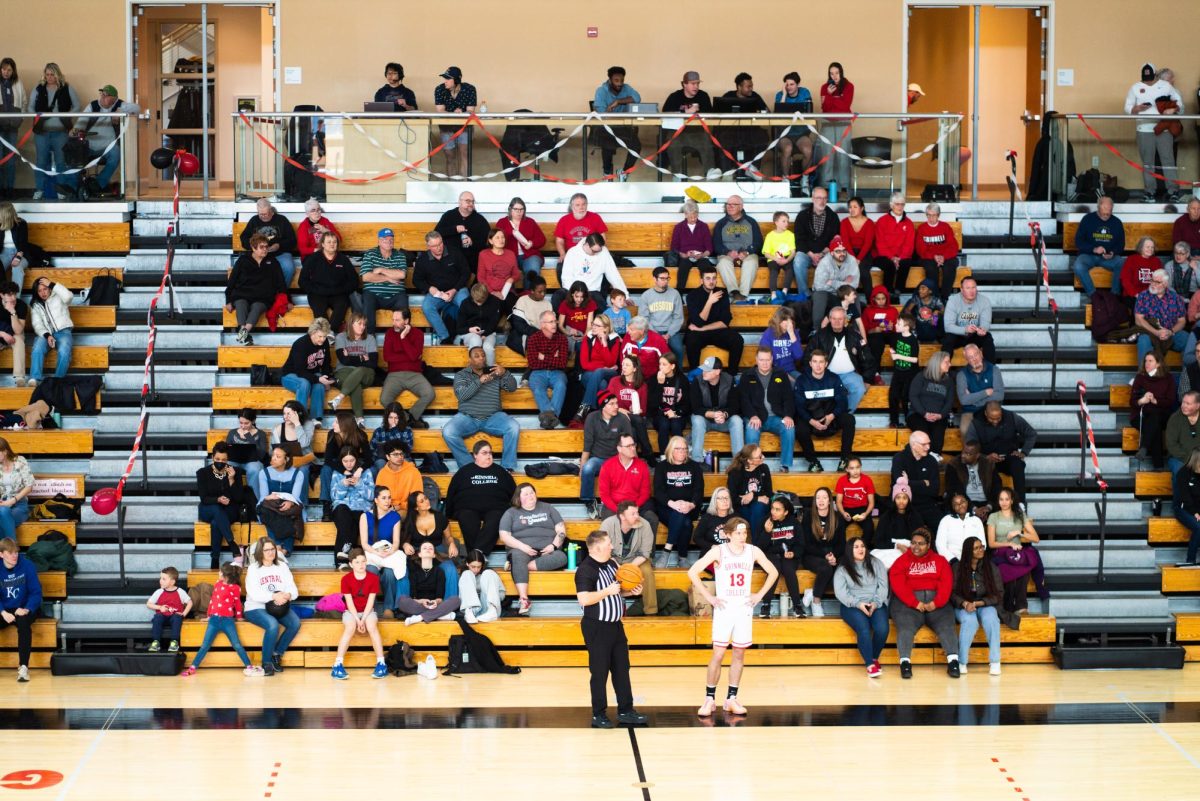


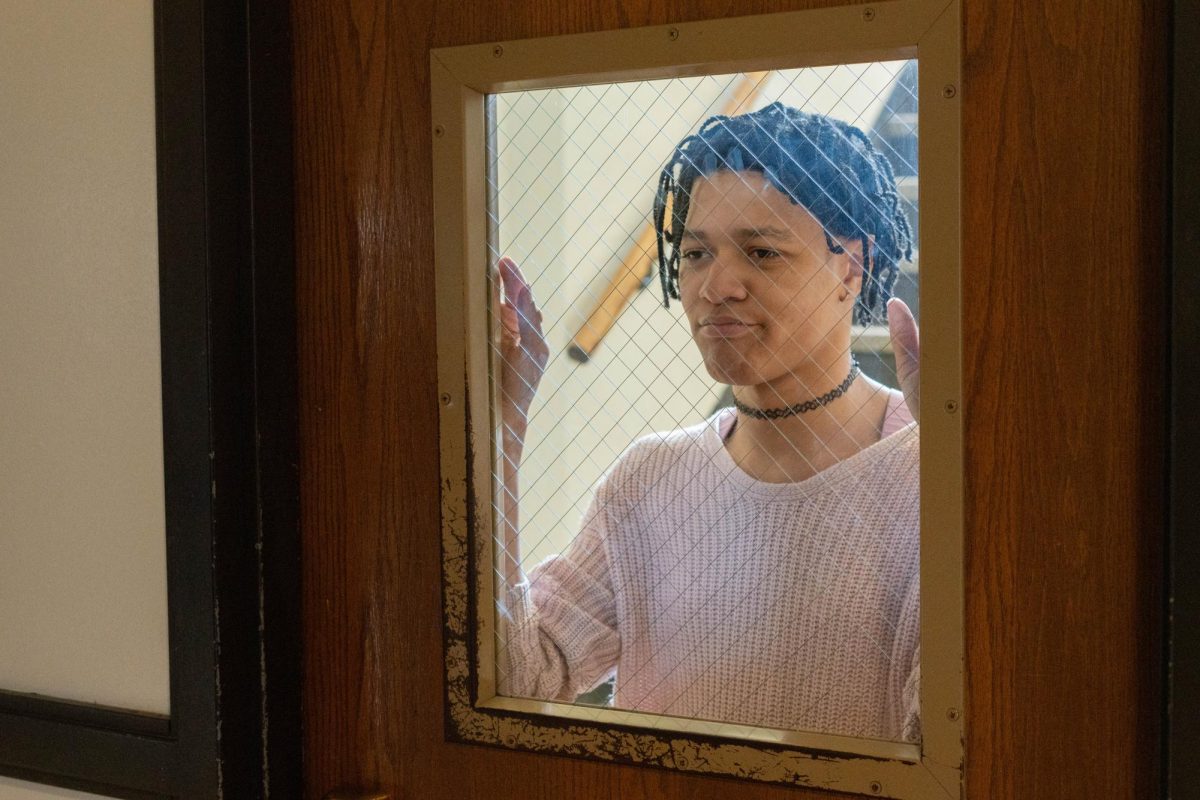
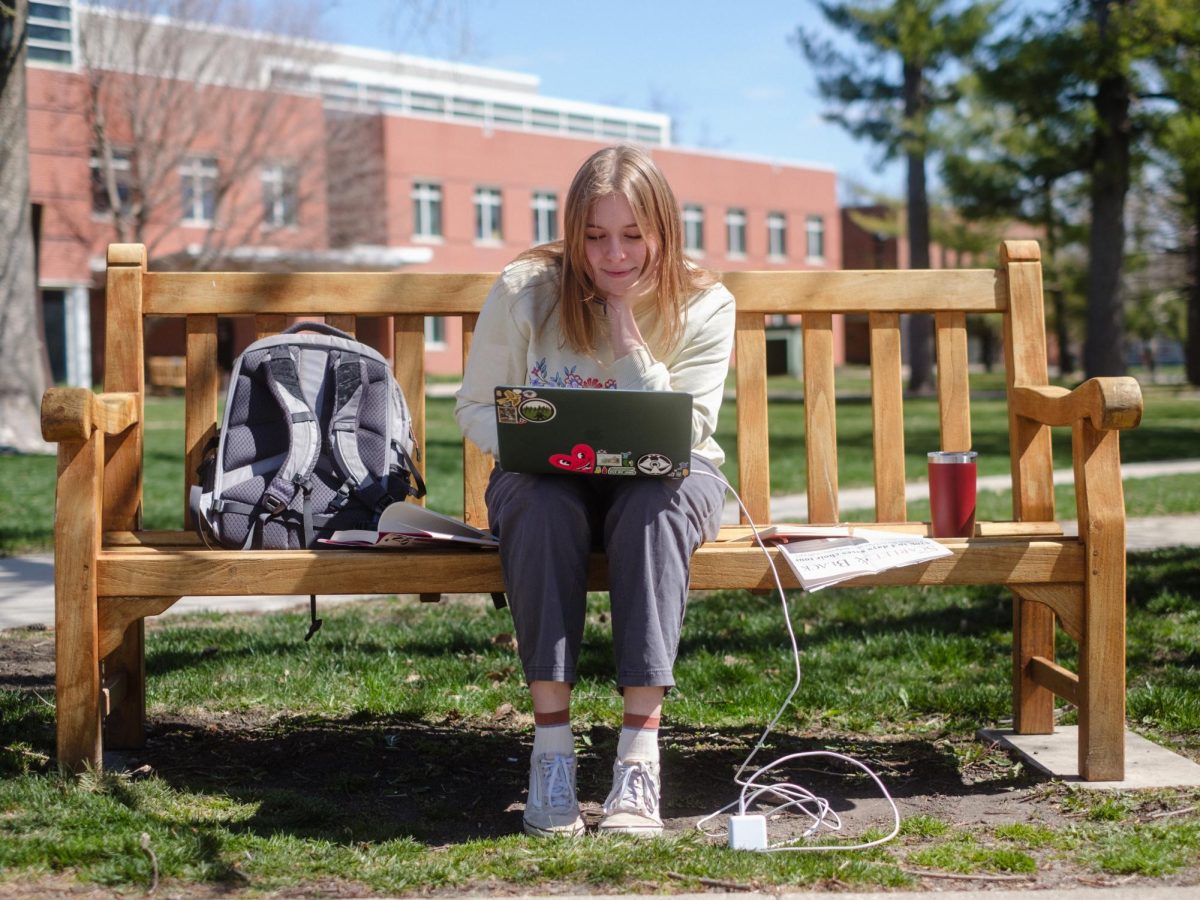
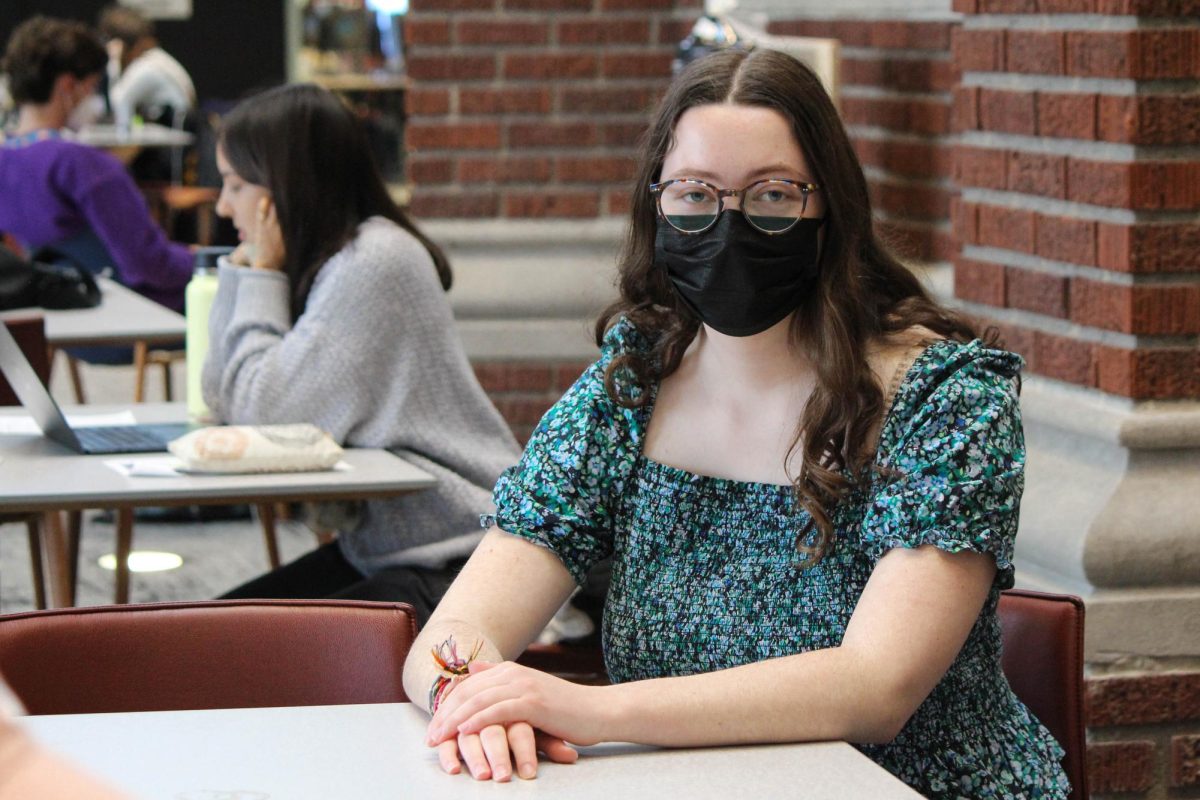



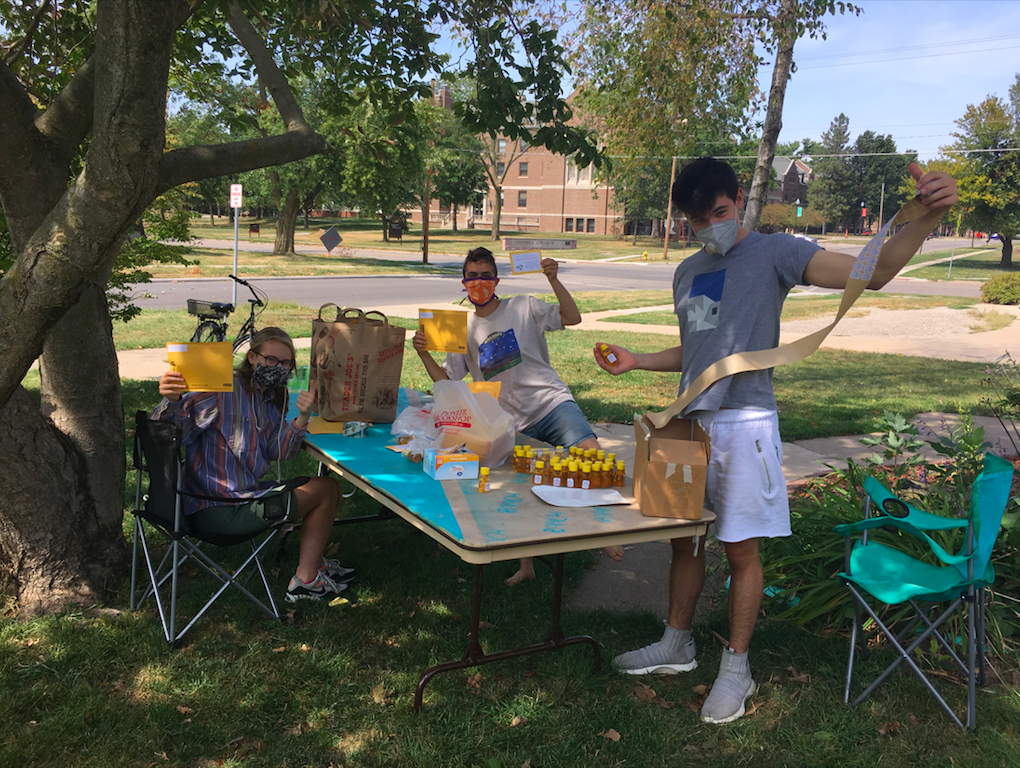






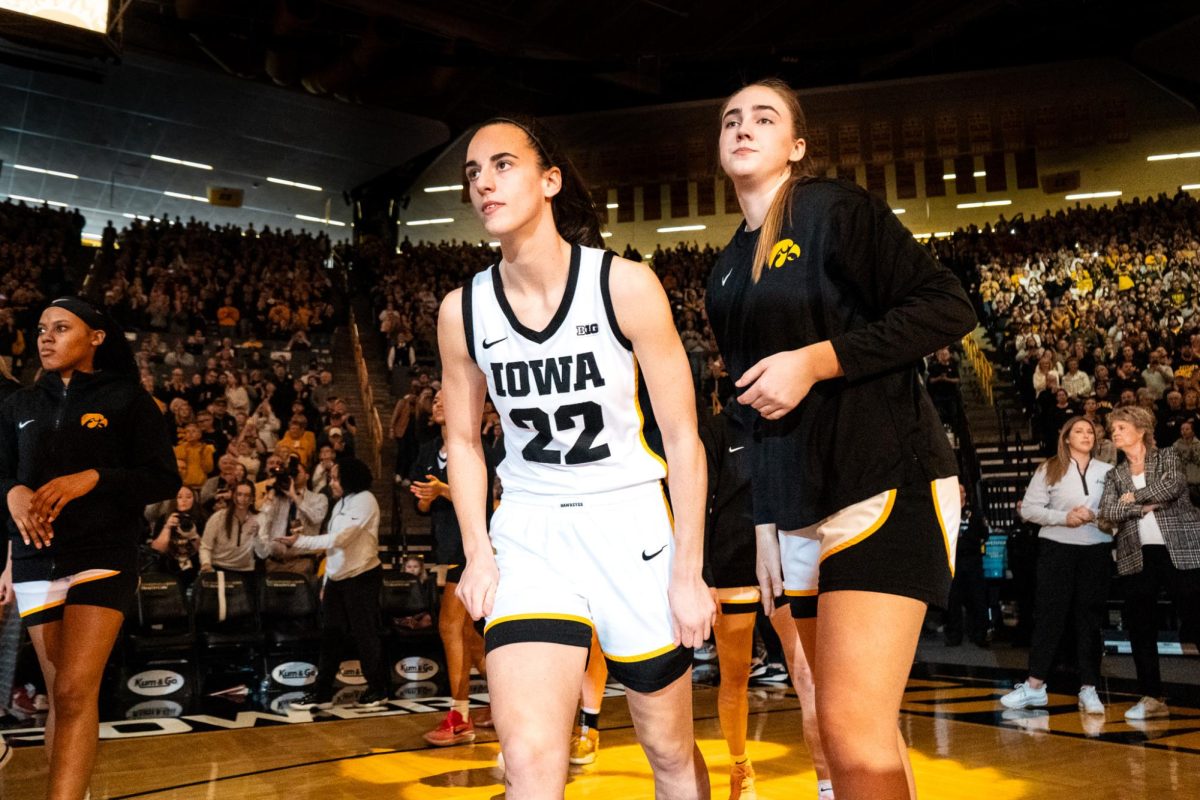
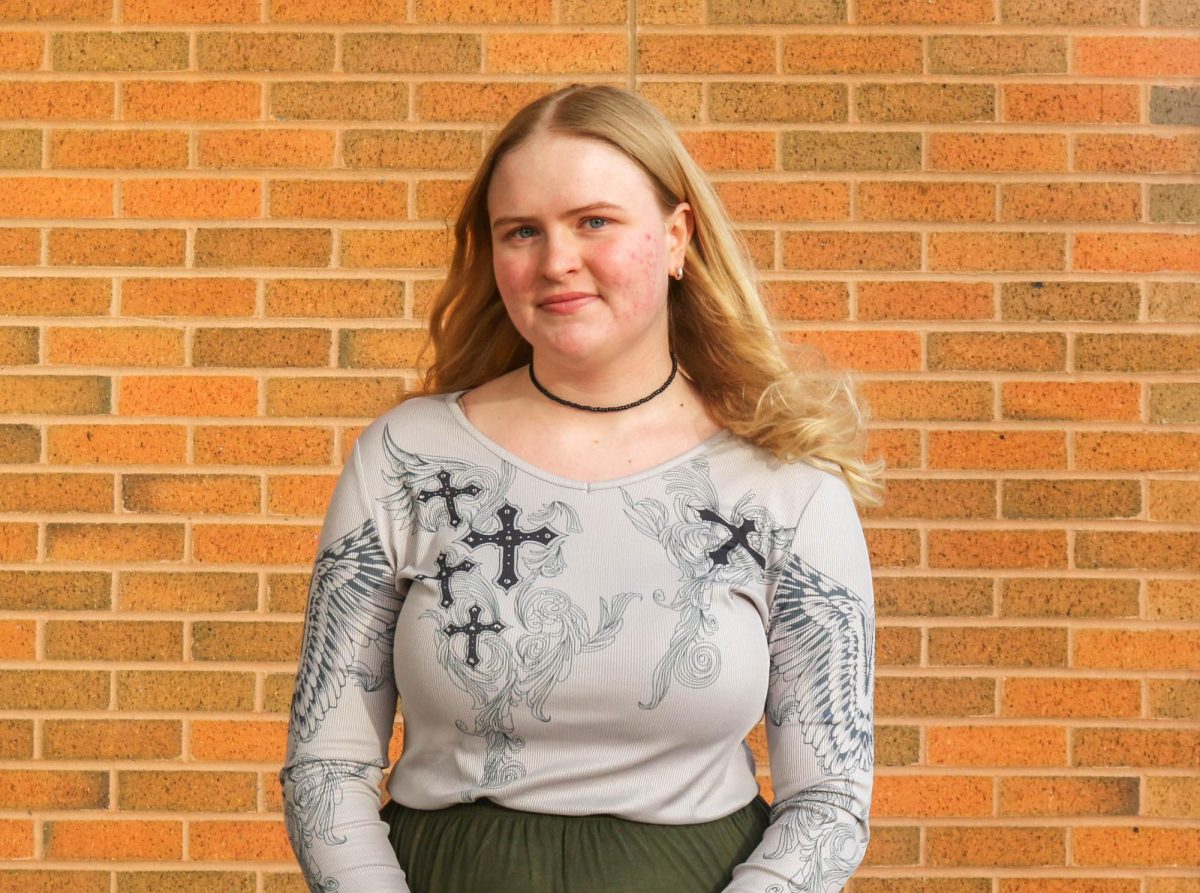
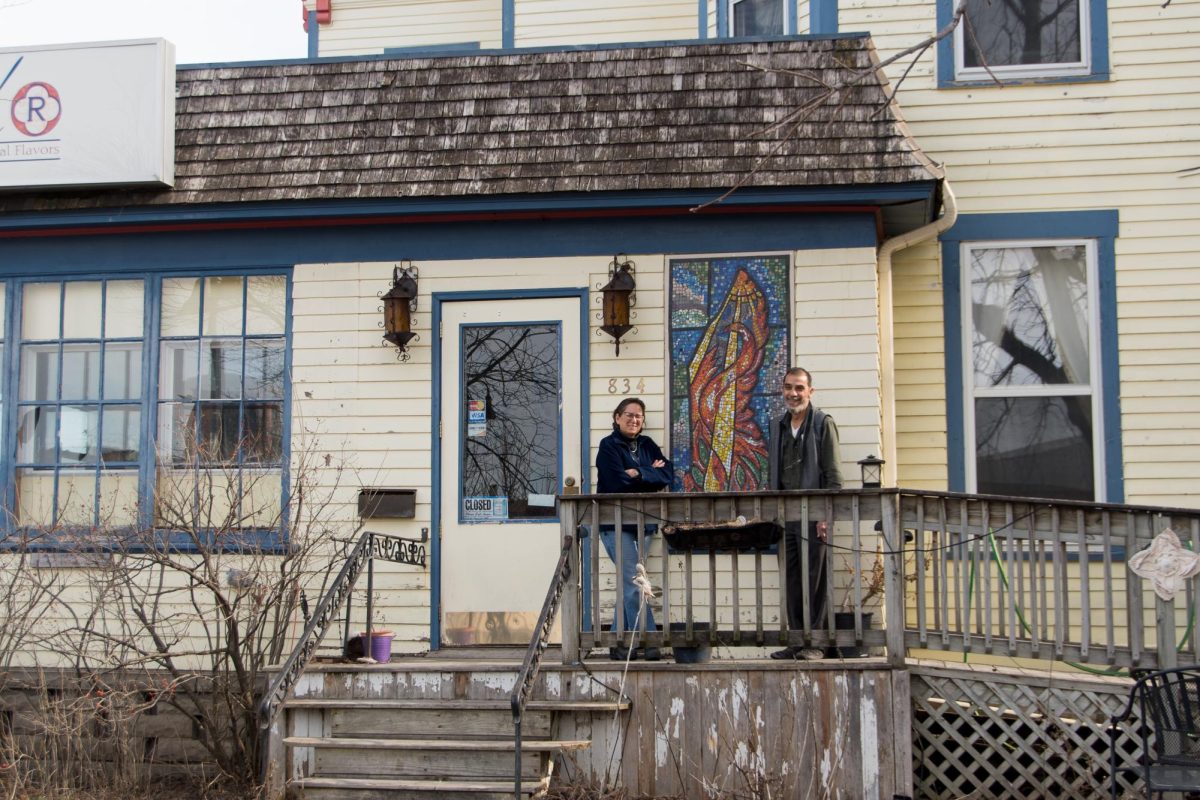
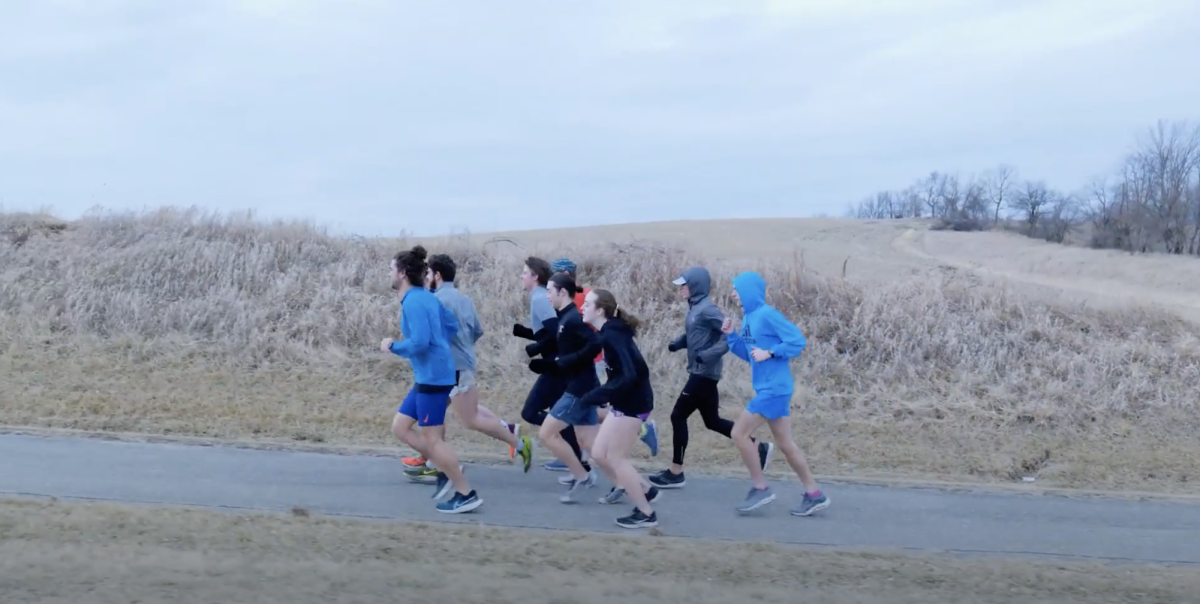


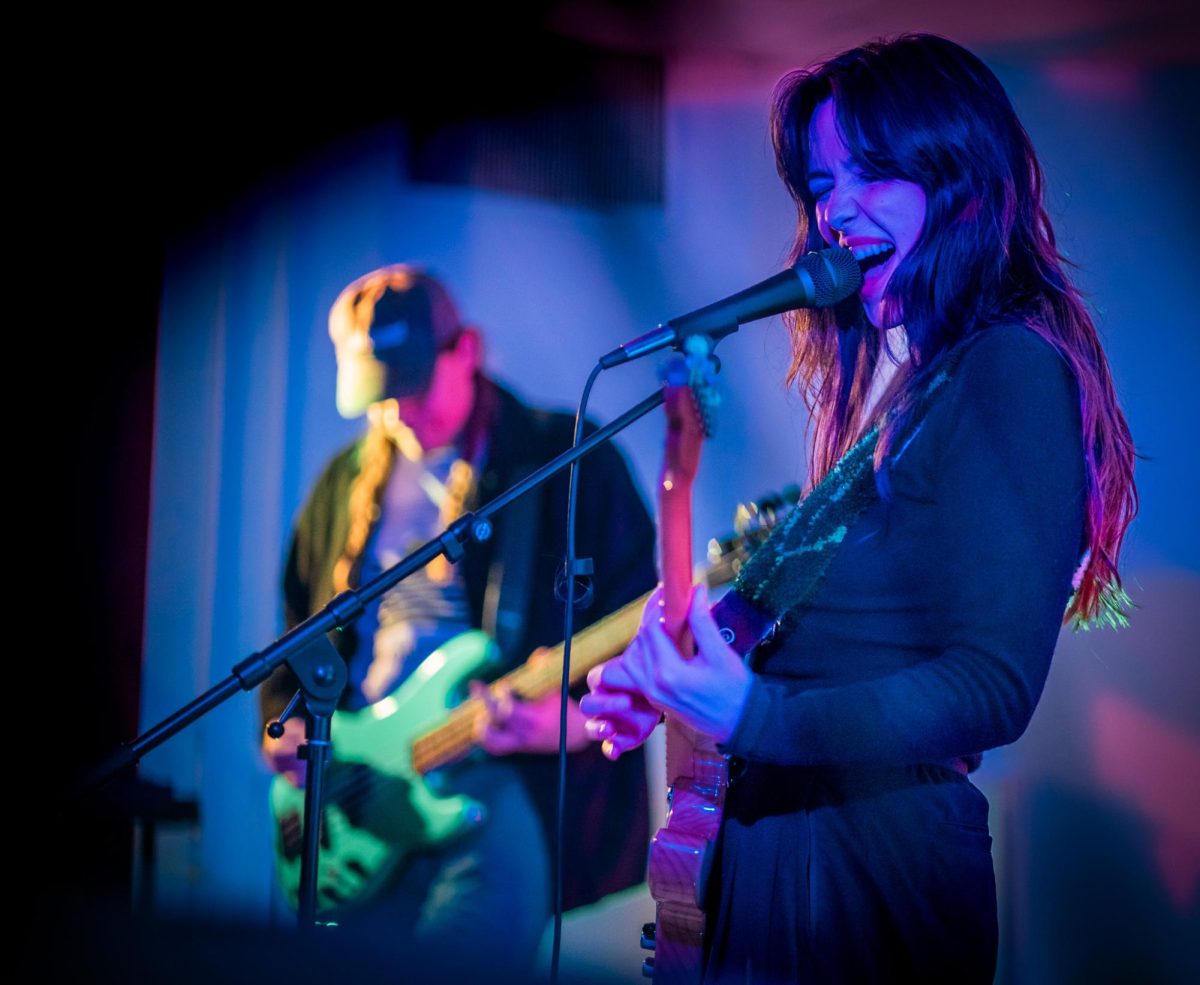
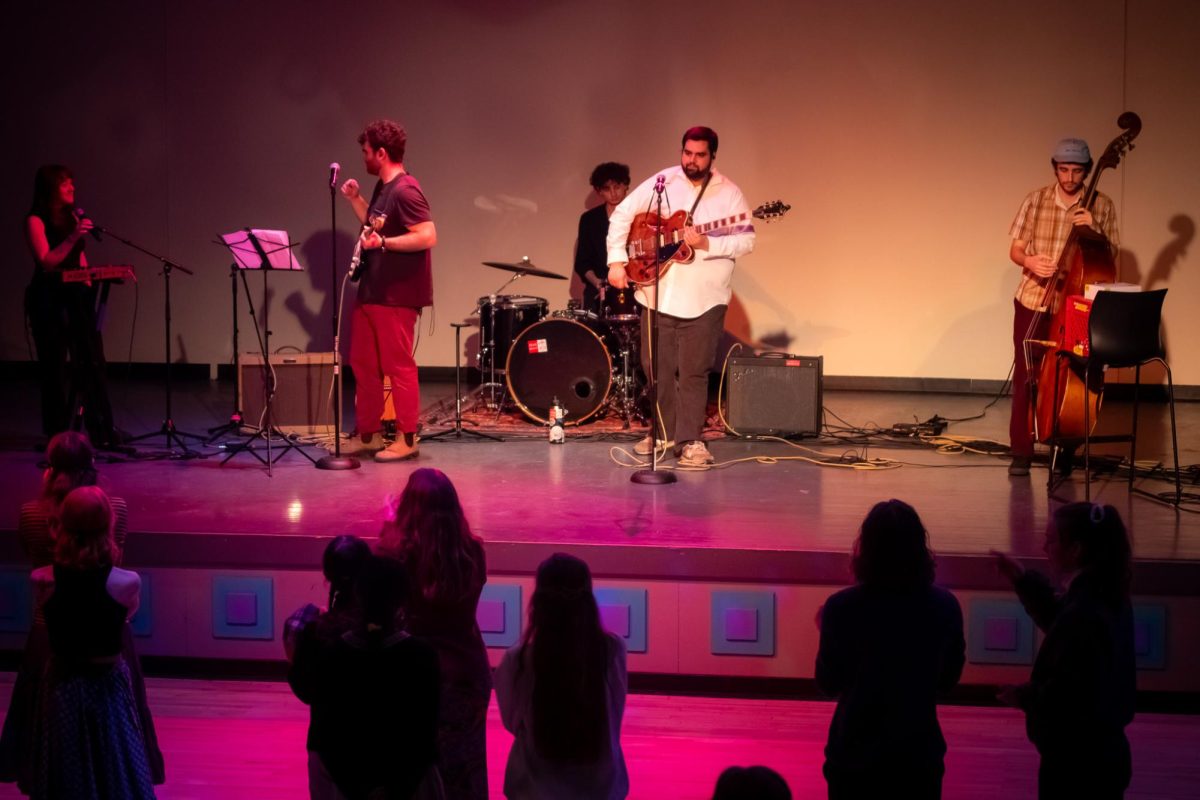
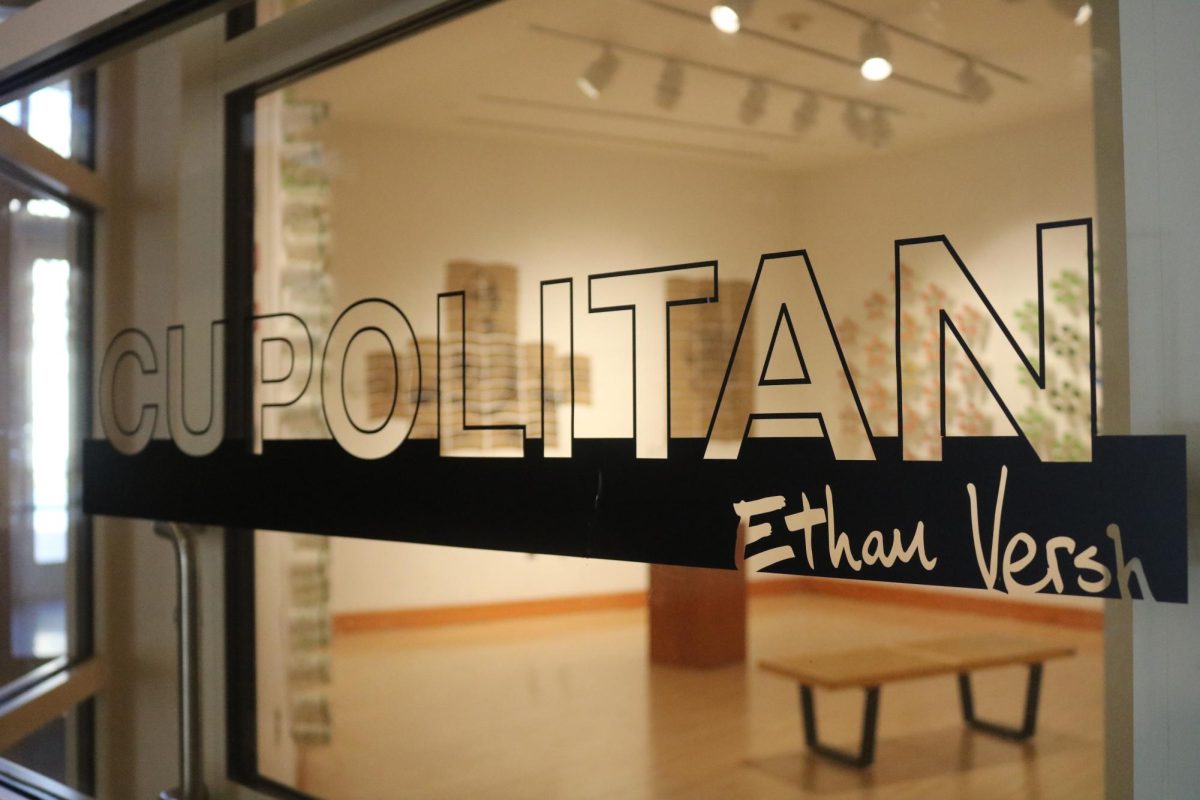
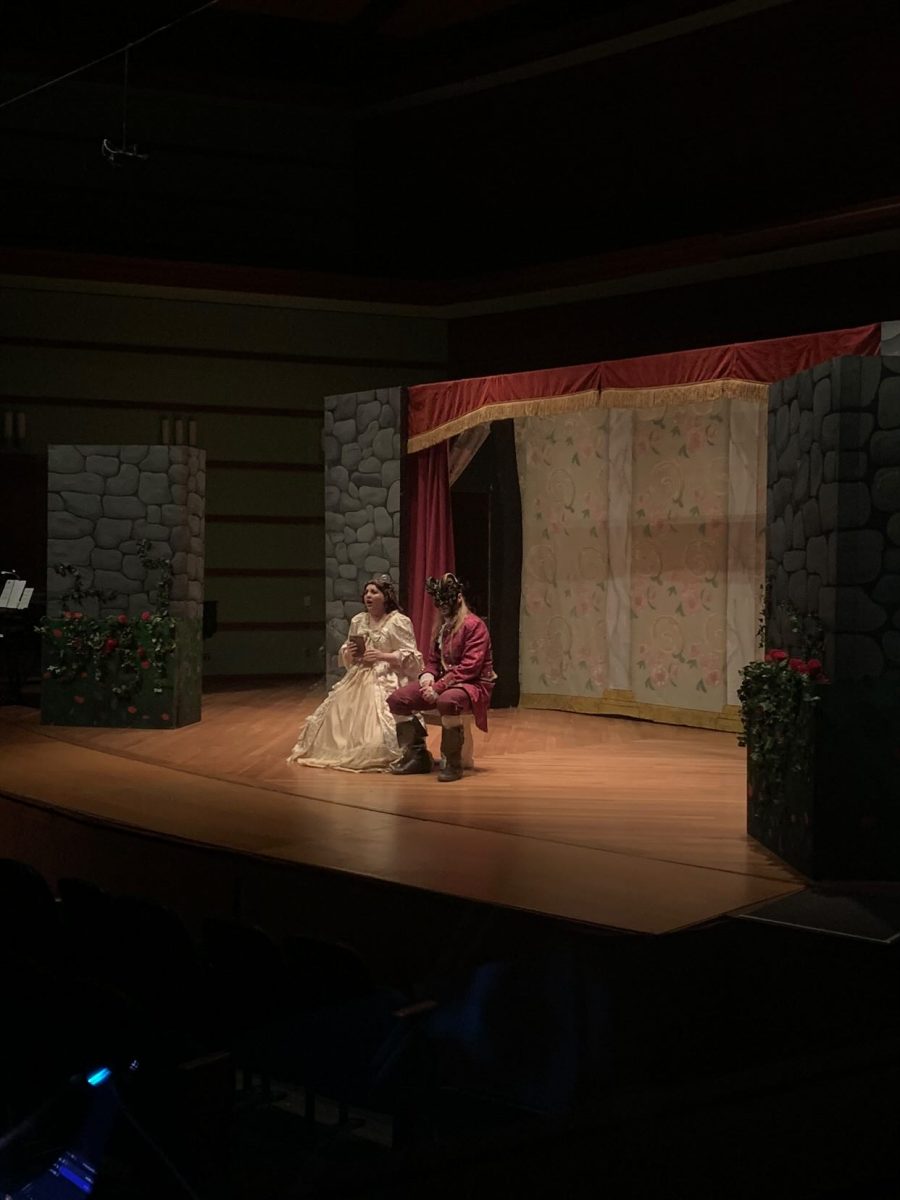
Rebecca Mwase • Mar 4, 2009 at 6:29 pm
Wow! This is awesome, I wish I could be there to see it! Jaysen, I want to read the plays!
Rose Schneider • Feb 22, 2009 at 2:36 pm
Congratulations on such terrific work — I knew he had it in him.
Speaks volumes for his future !